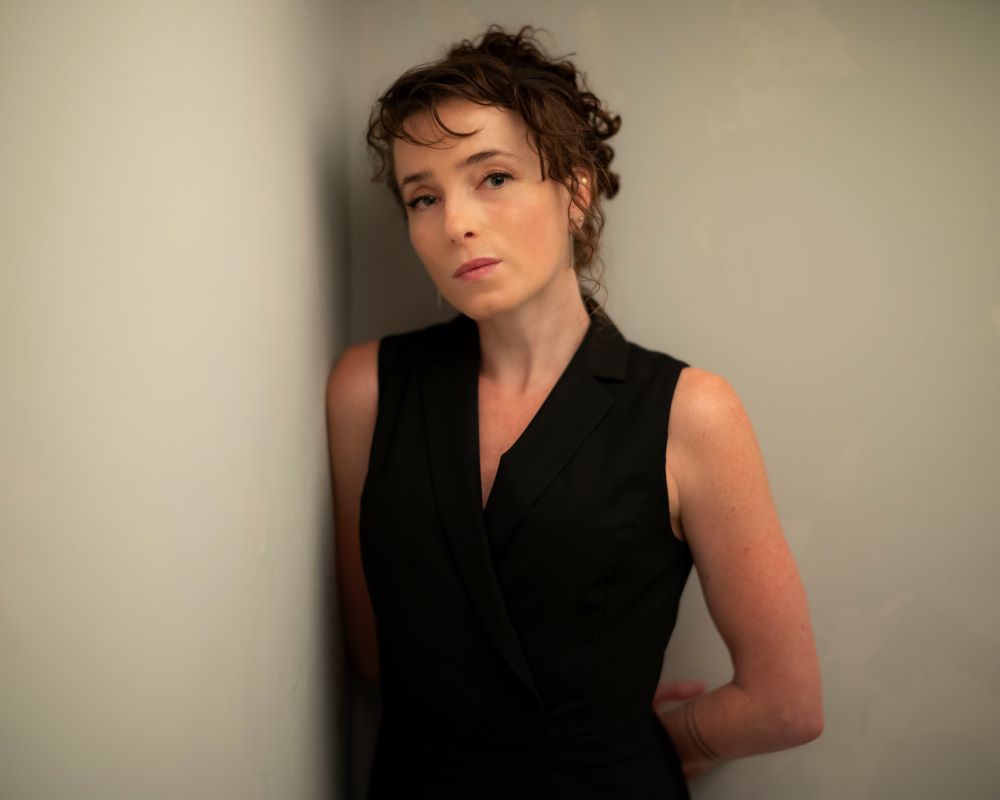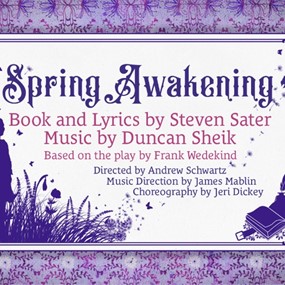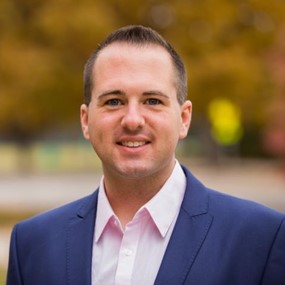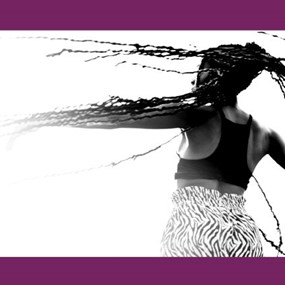Poetry professor Rose McLarney explores history as stories told in ‘Killing the Negative,’ ‘Colorfast’

Power and truth inspired poet Rose McLarney’s latest contribution and collection, “Killing the Negative” and “Colorfast.” McLarney, a professor of creative writing and poetry in Auburn University’s Department of English, used poetry to stage conversations on history and culture against the backdrop of rural America.
“Killing the Negative: Poetic Interventions” is an art exhibition and book that explores truth, power and censorship during the Great Depression. Visual artist Joel Daniel Phillips drew and painted large scale renderings of images from a collection of photo negatives showing the plight of poor Americans that government officials made unusable by punching holes in their centers. He and poet Quraysh Ali Lansana then commissioned writers to compose poems in conversation with the art to create a book.
As a contributor, McLarney focused on negatives from her home state of North Carolina to confront issues associated with class and race, honesty in media and low-income, rural areas of the country.
“‘Killing the Negative’ focuses on a particular period, yet it is timely, as our country today confronts those issues,” McLarney said. “The project is broad in that it’s multidisciplinary and involves multiple contributors. Even broader are the audiences to which it can speak and the conversations it can open.”
The exhibit includes 22 drawings that recreate destroyed negatives from the Farm Security Administration’s Great Depression collection and 19 poems to encourage conversations about power and representation.
McLarney joined poets including U.S. Poet Laureate Joy Harjo and North Carolina Poet Laureate Jaki Shelton Green for the collaborative project. Because of travel support from the Tulsa Artist’s Foundation and Auburn’s Department of English, McLarney attended the art exhibit opening, book launch and documentary filming.
“Poetry has helped me make so many connections – with other writers around the world, as collaborators, supporters, mentors and mentees,” McLarney said. “Imaginatively, emotionally and intellectually, poetry has connected me with people of very different backgrounds or even time periods, as subjects of reading and writing.”
Following her contributions to “Killing the Negative,” McLarney again drew on her personal experience in Appalachia for her fourth poetry collection, “Colorfast,” which will be published by Penguin Random House on March 5. Early reviews call the book “a marvel,” “exquisite” and “an immersive life in verse.”
In the collection, McLarney explores the gaps in her personal history about gender and labor, using the stories behind recipes, questions about what is lost and what will last and more.
“I am again writing about the Appalachian Mountains, where I grew up and where a part of my heart remains,” McLarney said. “Yet in ‘Colorfast,’ I am reexamining the stories about the culture and my own girlhood I have been told – and told myself – and recognizing omissions. White males dominate recorded histories, yes – and they dominate some of the folklore and art I love and even some of my own early poems. In ‘Colorfast,’ I try to give women’s and others’ voices the space on my pages.”
McLarney not only gives women the space on the page but adopted a more assertive language style to counteract the tendency of women to “soften” their language. The resulting poetry aims to open conversations and broaden readers’ sense of inquiry and marvel through imperative language.
“I and many of the women I grew up among tend to modify our speech with softening phrases like ‘maybe’ and ‘if you don’t mind.’ As much as that slant, implication-laced way of speaking was good training for being a poet, I wanted to find out what it would be like to express ideas in imperative statements,” McLarney said. “The poems practice economical use of words and occupation of space. I try to conserve or propagate particular moments of good and grace.”
Find more information and pre-order “Colorfast” from Penguin Random House.
Tags: English Faculty Arts and Culture






